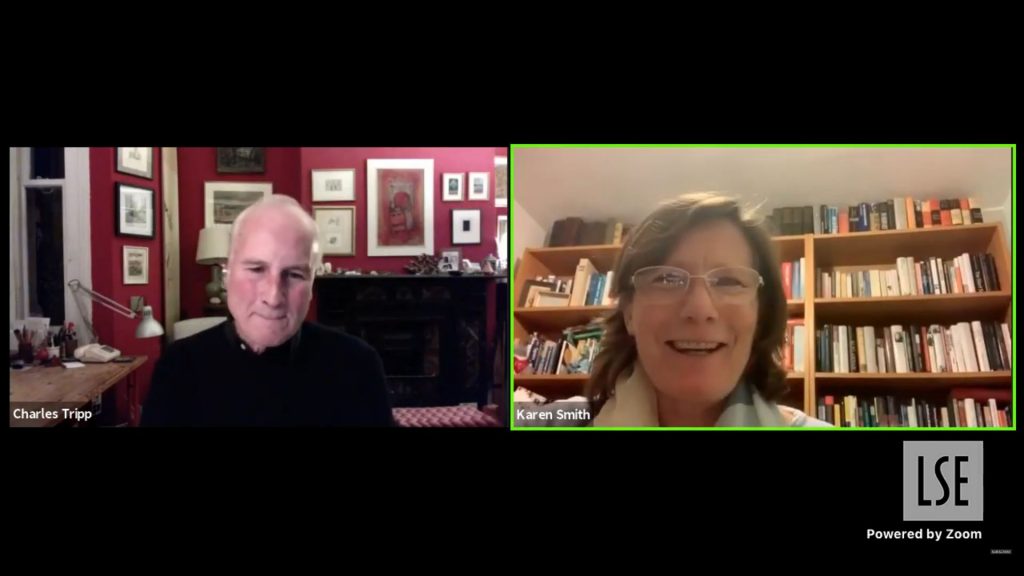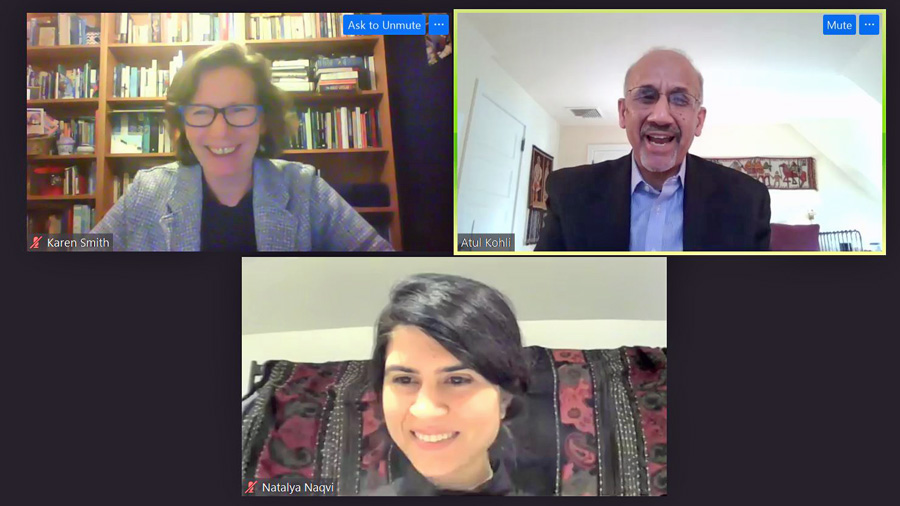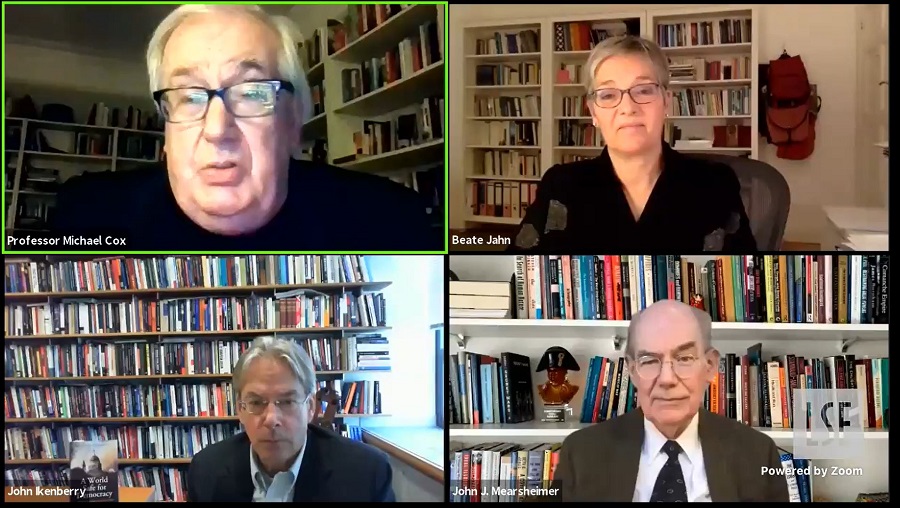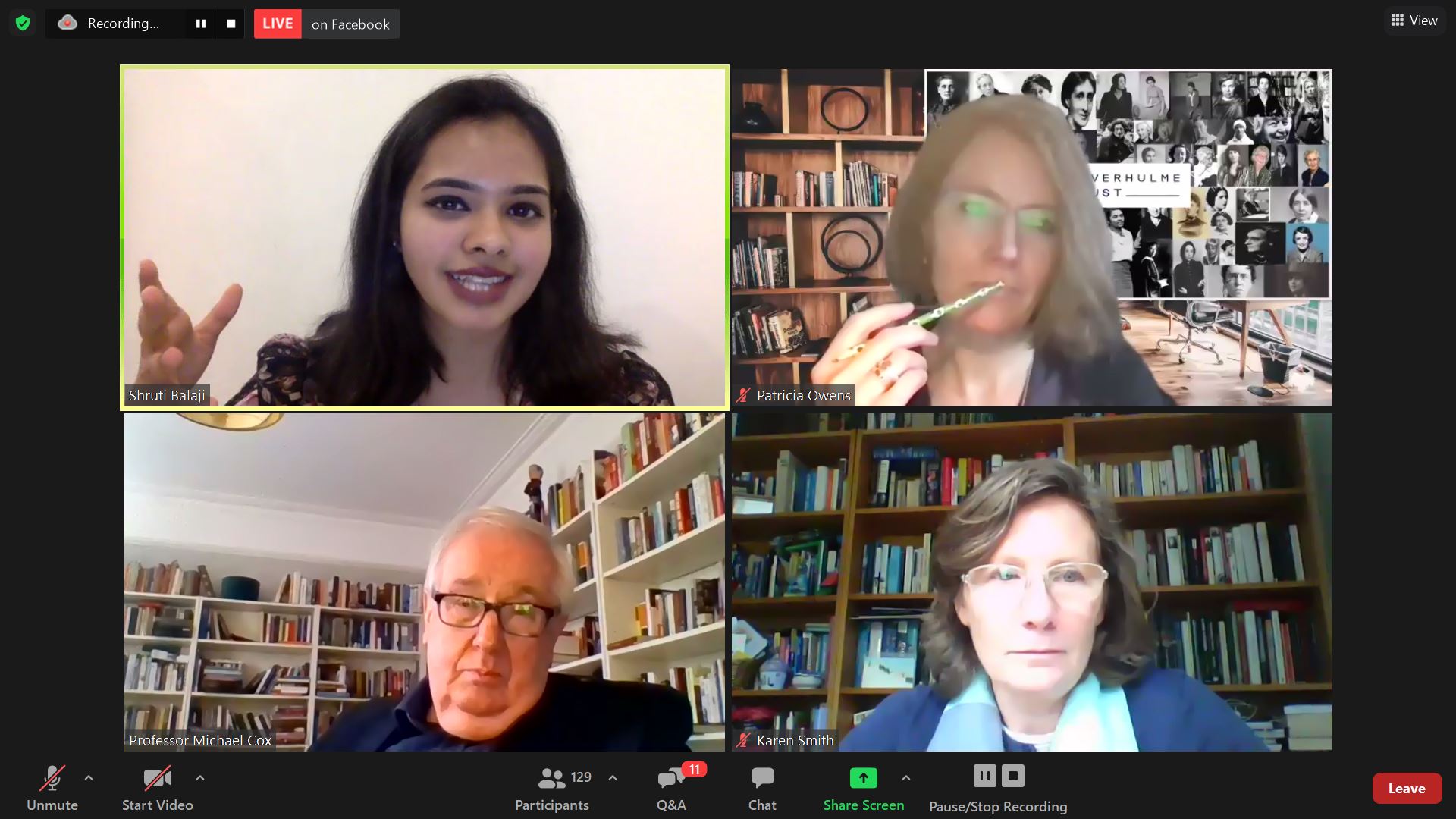On Monday 22 March 2021, in this year’s Fred Halliday Memorial Event (an online event, hosted by LSE Department of International Relations), Professor Charles Tripp explored how and why the symbolic investment in republican discourse and the building of republican institutions can be so detrimental to the rights of the very public that they are meant to represent, even embody.
- Find out more about the event
- Listen to or download the audio podcast (60 mins) – coming soon
- Watch on Facebook

For this year’s Fred Halliday Memorial Lecture, the International Relations Department invited Professor Charles Tripp to discuss republican discourse and institutions in the context of the Middle East.
In this insightful lecture, Professor Tripp argued that postcolonial nation states in the Middle East have co-opted the discourse of republicanism without conferring genuine republican citizenship. Instead, these states promulgate a ‘citizenship’ that is defined purely in terms of conformity to the will of the government. The government is promoted as the sole embodiment of the unified people. For Professor Tripp, however, a genuine republican citizenship is grounded in activism and the freedom to dissent.
This disparity between subjecthood and citizenship framed Professor Tripp’s discussion of the Arab Spring, whose protesters were ‘insurgent citizens.’ They reclaimed public space and demanded the full rights of citizenship. Their struggle was to redefine an existing ‘citizenship’ that was hollow, bureaucratic, and fragmented along ethnic, class, and gender lines.
In the lively Q&A session that followed, Professor Tripp was asked about the legacy of the Arab Spring, ten years from its onset. He argued that in many post-Arab Spring countries, demands for ‘insurgent citizenship’ have given way to the return of the security state and ‘citizenship’ as a hollowed-out, administrative category. This demonstrates that the passage from subjecthood to citizenship is not an irreversible process. Further questions from the audience elicited insightful responses about the means of resistance by which subjects can redefine their republican political structures.
I was especially impacted by Professor Tripp’s conviction that effective resistance must come from within the republic. He argued that outsiders cannot create a republic for another people. Resistance must instead be the product of that people’s subjective determination, an expression of their ‘insurgent citizenship.’ This is an argument that destabilises ‘democratisation’ narratives in Western foreign policies.
Event report by Joss Harrison, BSc International Relations





